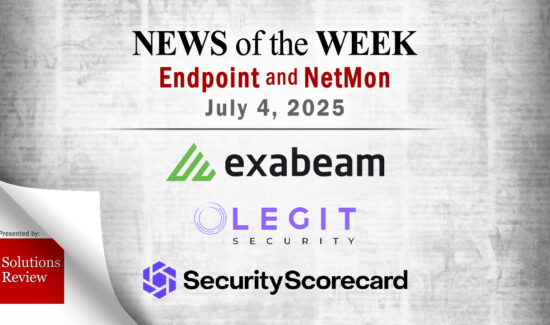Extra Advice on Endpoint Security For Work-From-Home Employees


Recently, the editors of Solutions Review shared our Coronavirus Endpoint Security Survival Guide. We wanted to provide a resource to help enterprises prioritize their cybersecurity in an increasingly uncertain and chaotic time; we wanted to demonstrate strong endpoint security for work-from-home employees.
However, we want to do more for your enterprise as it faces the new reality of endpoint security for work-from-home employees. Here are some of the tips we’ve found most instructive.
Provide Basic (and Regular) Cybersecurity Training
Endpoint security requires the participation of your employees for optimal performance. In fact, with work-from-home employees creating decentralized IT environments, that participation matters more. So your enterprise needs to help employees understand the nuances of cybersecurity and the potential threats they face. After all, their behavior online and when using your data determines the effectiveness of your security.
Also, help employees recognize the most common attack they could likely face: phishing. Phishing carries with it some tell-tale signs, but in the rush of a workday, they might miss them.
Use a VPN
Virtual Private Networks (VPNs) ensure that sensitive communications and data traffic between endpoints across disparate work-from-home employees’ devices remain secure. It encrypts all data, basically giving employees a secure Wi-Fi connection unlike the public or personal connections they might use. Hackers can easily take over or exploit unsecured Wi-Fi connections to intercept vital messages or send malware.
Embrace the Password Vault
Employee passwords represent the most blatant and the largest attack vector in your enterprise; in most organization’s networks, if a hacker can crack or guess an employee’s password, a breach is almost inevitable.
Thus enterprises need to use identity management as part of their endpoint security for work-from-home employees. A password vault secures passwords from abuse, locking them in the virtual equivalent of a safe. Also, your enterprise should embrace mandatory password rotation on a regular basis (anywhere between every three months to every six months).
How to Learn More
Check out our Endpoint Security Buyer’s Guide for more on the key providers and capabilities.




















